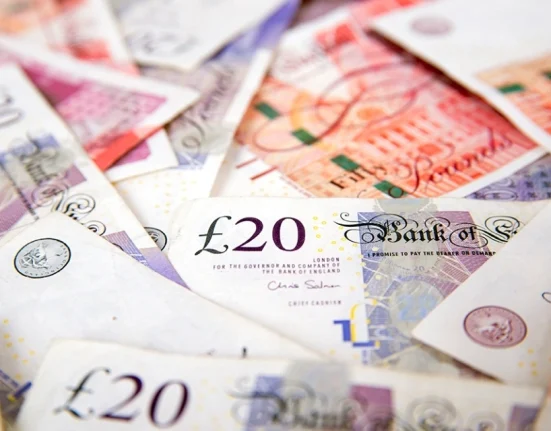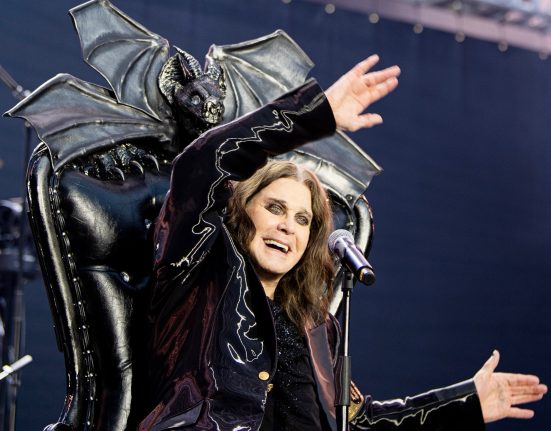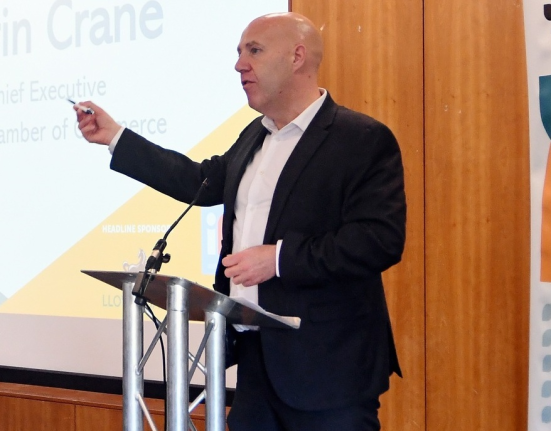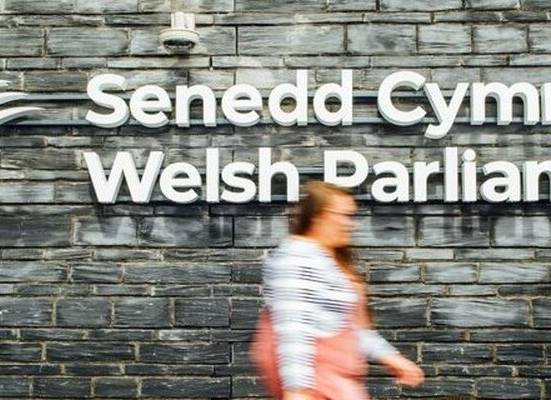Firms say investment costs outweigh price falls
Britain’s biggest energy suppliers have warned that electricity bills are set to rise, undermining Labour’s promise to cut household energy costs by £300 a year by 2030.
Executives from Octopus Energy, EDF, and E.ON UK told MPs that the spiralling cost of upgrading energy infrastructure and funding clean power projects will push up prices, even if wholesale energy costs fall sharply.
“If we continue on the path we are on, electricity prices are going to be 20 per cent higher – even if wholesale prices halve,” said Rachel Fletcher, director of regulation at Octopus Energy, during a parliamentary Energy Select Committee hearing.
She said non-commodity costs – including network upgrades, policy levies, and subsidies – were adding around £300 a year to household bills.
‘Zero wholesale price, same bill’
The warning strikes at the heart of Labour’s energy policy, which aims to both fully decarbonise the power grid by 2030 and make energy cheaper for families. Industry leaders say the investment required to achieve that – including £80 billion in new transmission infrastructure – risks outweighing savings from cleaner generation.
Simone Rossi, chief executive of EDF UK, said that even if gas and power prices fell, bills would continue to climb.
“Electricity demand has fallen 8 per cent since before the pandemic, spreading costs across a smaller base,” he said.
“Even if wholesale prices halved, bills would rise.”
E.ON UK chief executive Chris Norbury went further, warning that by 2030, “we could get to a position where if the wholesale price was zero, bills would still be the same as they are today.”
Balancing decarbonisation and affordability
The Energy Networks Association defended the spending, arguing that it would help the UK reduce reliance on expensive imported fossil fuels and unlock an £83bn boost to the economy by 2050.
A Department for Energy spokesperson rejected claims that decarbonisation would increase costs, saying: “Wholesale gas prices remain 75 per cent higher than before Russia’s invasion of Ukraine. The only way to bring bills down for good is by making Britain a clean energy superpower.”
The debate underscores the political and economic challenge facing Labour – delivering an ambitious green energy transition without leaving households paying more for it.







